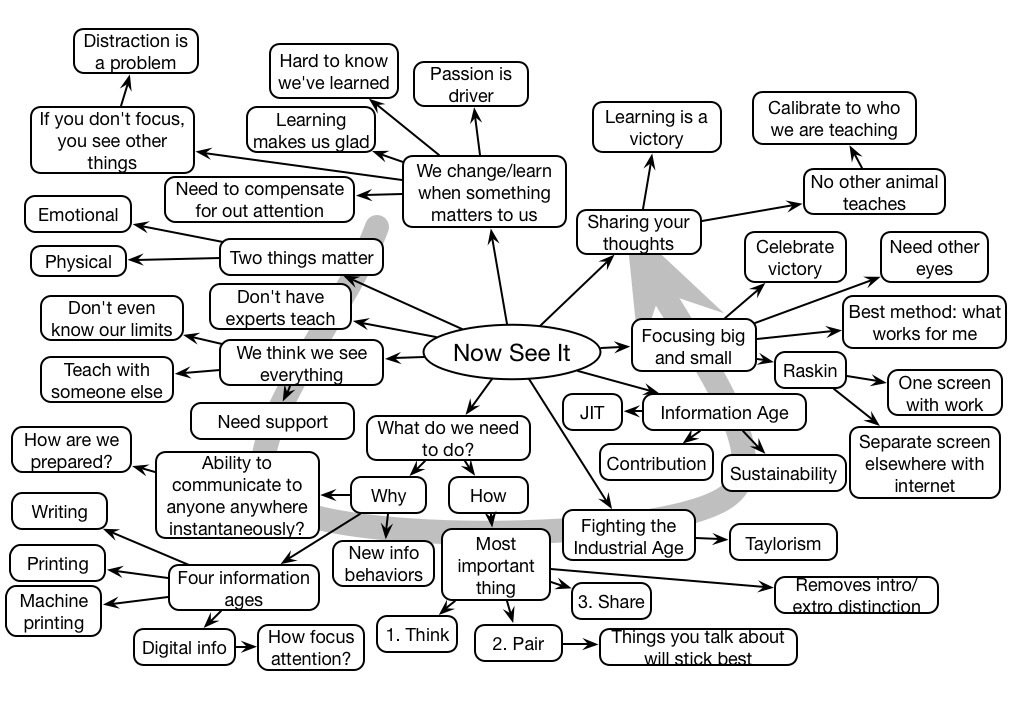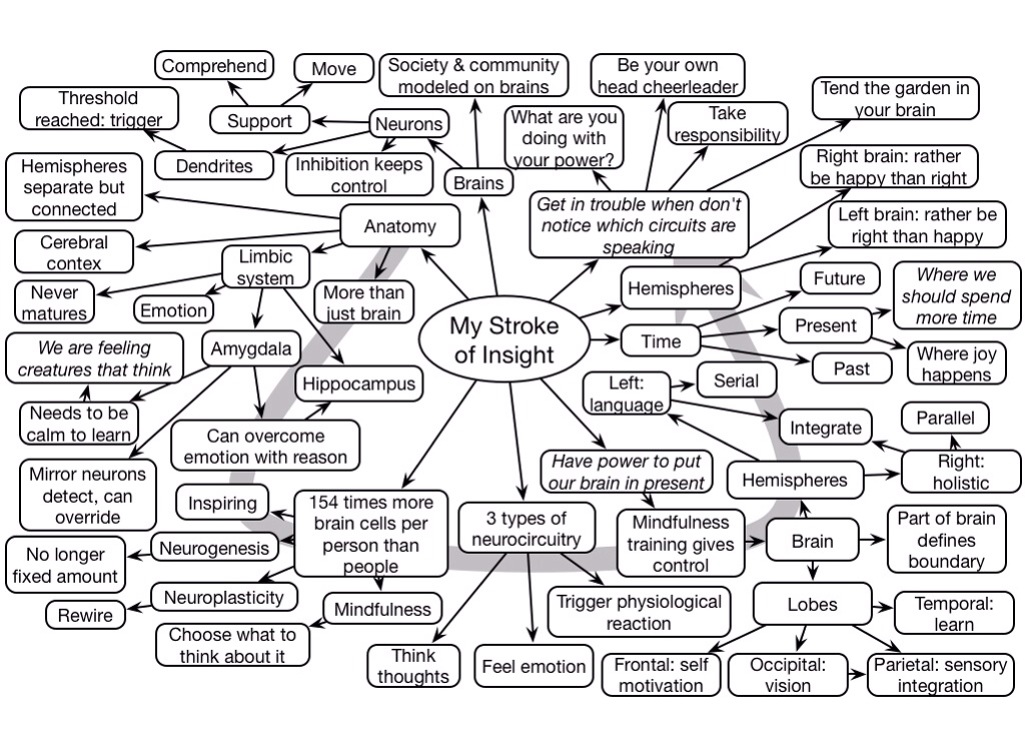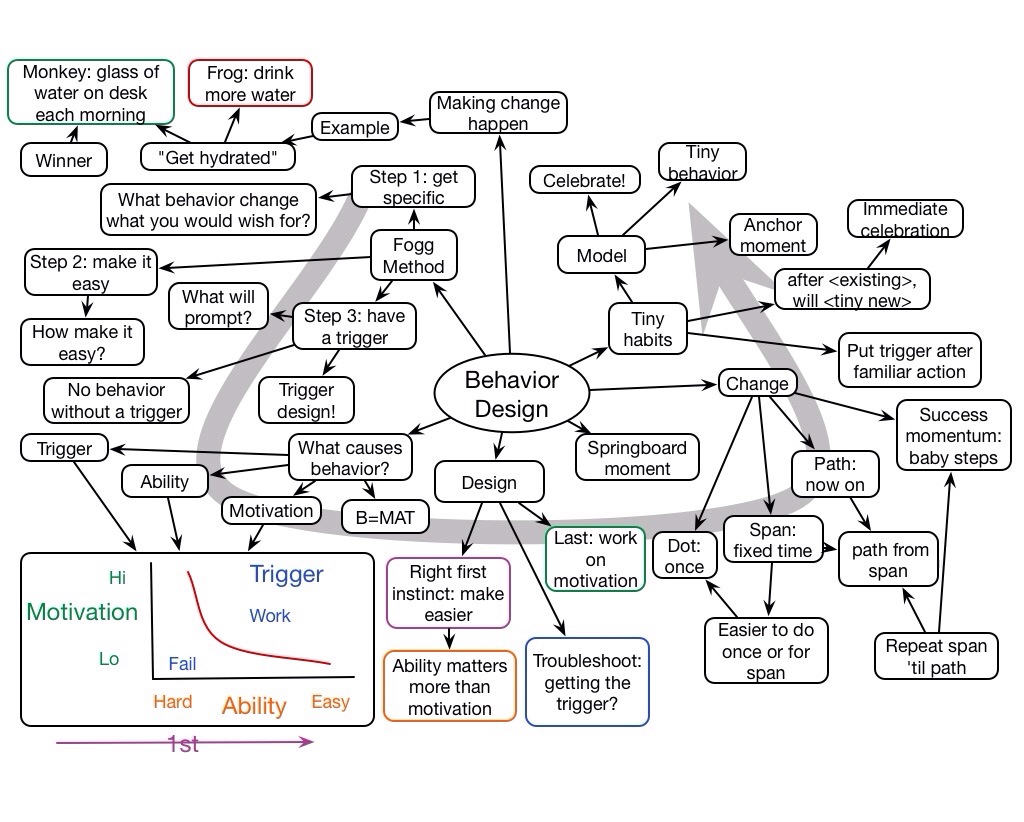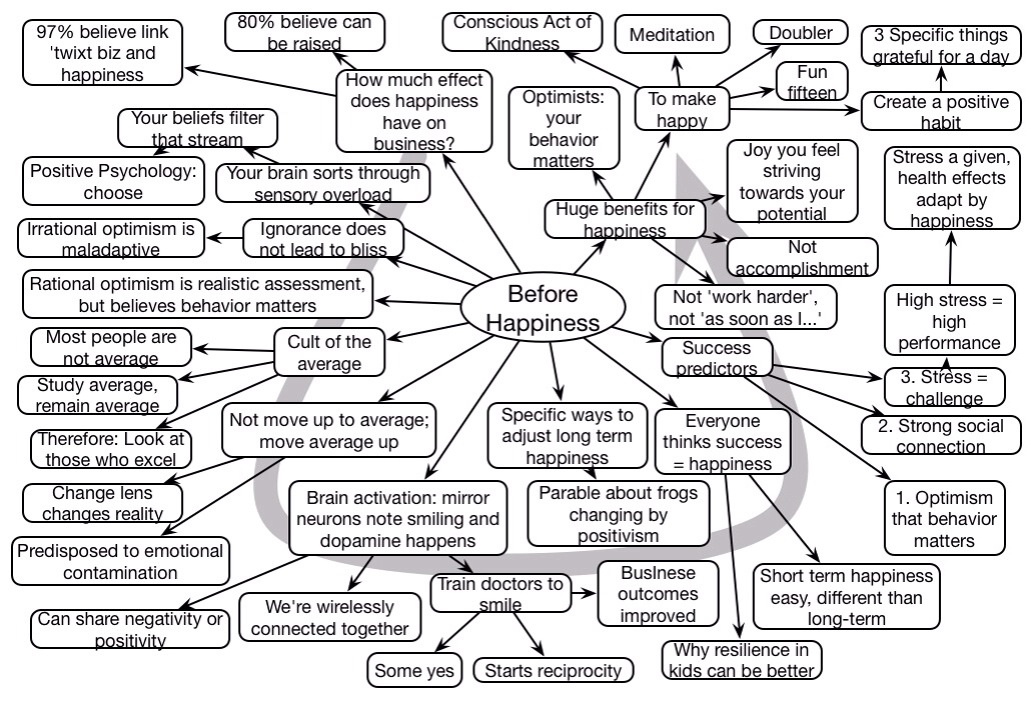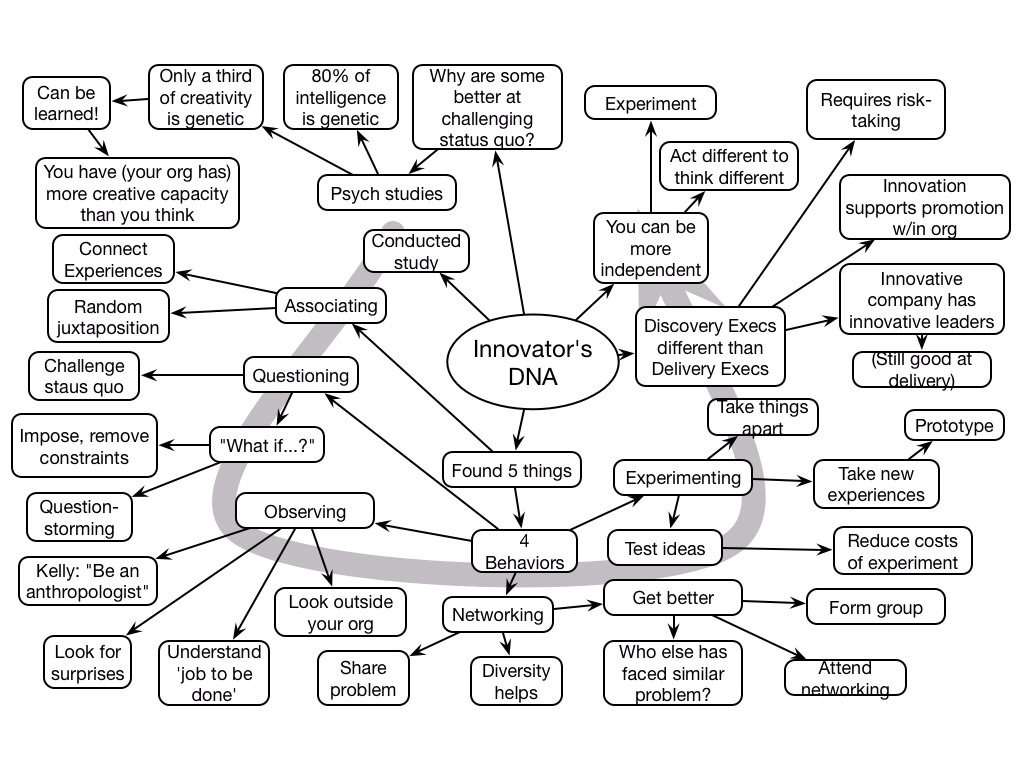Cathy Davidson gave us an informative, engaging, and inspirational talk talking about how we’re mismatching industrial approaches in an information era. She gave us data about how we work and why much of what we do isn’t aligned, along with the simple and effective approach of think-pair-share. Very worthwhile.
Serious Conversation
We’ve already received the first request for an article on the Serious eLearning Manifesto, and it sparked a realization. We (my co-conspirators are Will Thalheimer, Julie Dirksen, and Michael Allen) launched the manifesto last week, and we really hope you’ll have a serious look at them. More, we hope you’ll find a way to follow them, and join your colleagues in signing on.
What has to happen now is people need to look at them, debate the difficulties in following them, and start thinking about how to move forward. We don’t want people just to sign on, we want them to put the principles into practice. You may not be able to get to all from the beginning, but we’re hoping to drive systematic change towards good elearning.
The Manifesto, if you haven’t seen it, touts eight values of serious elearning over what we see too often, focusing on the biggest gaps. The values are backed up by 22 principles pulled from the research. And we’ve been already been called out for it perhaps being too ‘instructor’ driven, not social or constructivist enough. To be fair, we’ve also already had some strong support, and not just from our esteemed trustees, but signatories as well.
And I don’t want to address the issues (yet), what we want to have happen is to get the debate started. So I didn’t accept the opportunity to write (yet another) article, instead I said that we’d rather respond to an article talking about the challenges. We want to engage this as dialog, not a diatribe. Been there, done that, you can see it on the site ;).
So, please, have a look, think about what it would mean, consider the barriers, and let’s see if, together, we can start figuring out how to lift the floor (not close off the ceiling).
Conference advice
David Kelly of the eLearning Guild has a series of interviews going on about attending conferences. The point is to help attendees get some good strategies about how to prepare beforehand and take advantage after the fact, as well as what to bring and how to get the most out of it.
Today’s interview is me, and you’re welcome to have a look at my thoughts on conferences. Feedback welcome!
A little bit better
I have never really cottoned on to the practice of photo-bombing. While it might be a fun trick to play on a friend, otherwise it seems to me to be selfish. Could there be something better?
One of the things I’ve been doing is something that I call ‘reverse photo-bombing’. When I see a picture being taken, instead of getting in it, I get behind the photographer, and at the right time, I put up bunny ears behind them (or something else silly). What happens is that the audience laughs, and they tend to get a much better picture. And then I slink off, hoping no one noticed (except the photographees, and they’re too busy). It’s hard to get the timing right, so it doesn’t always work, but when it does I think it’s a boon to the group. Though it did embarrass my daughter when I did it while out with her one time, but I think that’s in the parental job description anyway…:).
I think this is a good thing (though I’m willing to be wrong); I think that the world can use more good in it. What I am looking for is more ideas of how we can be quietly adding value to what’s going on, instead of detracting. I’ve heard of nice things like buying someone else’s coffee, or providing extra change. Are there other ideas we can be using? I welcome hearing yours!
Explain versus describe?
I’ve been watching the Olympics, at least select bits (tho’ I’m an Olympics widower; the full panoply is being watched in the house). And I enjoy seeing some of the things that I can relate to, but I realize that the commentators make a big difference.
The distinction seems to come down to a fundamental difference (aside from the ones that drill into uncomfortable zones with a zeal that seems to be a wee bit inhuman): the ones who describe what’s happening versus those who explain. Let me explain.
Description isn’t a bad thing, so when I watch (American) football, a guilty pleasure, the play-by-play commentator tends to describe the action, helping to ascertain what’s happened in case it’s confounded by intervening people, bad camera angles, interruptions, what have you. Similarly, I’ve been listening to Olympic commentators describe the action in case I have missed it. And that’s helpful.
But in football, the color commentator (often a player or coach), interprets or explains what happened, and interprets it. Similarly, the good commentary on Olympics has someone explain not just what happened (X just made a spectacular run), but why (Y was absorbing the forces better, minimizing the elements that would detract from speed). And this is really important.
I have a former mentor, colleague, and friend who is now part of an organization that enhances sports broadcasts with additional information; it’s a form of augmented reality showing things that started with first down lines in football but now includes things like wind and tracking information in the America’s cup. Similarly, I have loved the overlays of one person’s performance against another. The point is providing insight into the context, and more importantly the thinking behind the performance.
The relevance I’m seeing is that showing the underlying concepts help inform the exceptional performance, help educate about the nuances, and help support comprehension. This relates so much to what we need to be doing in business. Working and learning out loud is so important to transfer skills across the organization. Showing the thinking helps spread the understanding. Whether it’s breaking from the pack in snow cross, or closing deals, having the thinking annotated is essential for spreading learning.
Whether it’s a retrospective by the performer or expert commentary, explaining, not just describing, is important. Does my explanation make sense? :)
Smarter Than We Think Review
In Smarter Than We Think, Clive Thompson makes the case that not only is our technology not making us stupider, but that we have been using external support for our cognition from our earliest days. Moreover, this is a good thing. Well, if we do so consciously and with good intent.
He starts by telling the story of how – as our chess competitions have moved from man against man, through man against computer, to man & computer against man & computer – the quality of play has fundamentally changed and improved. He ultimately recites how the outcomes of the combination of man and machine produce fundamentally new insights.
He goes on to cover a wide variety of phenomena. These include augmenting our imperfect memory, the benefits of thinking out loud, the gains from understanding different media properties, the changes when information is to hand, the opportunities unleashed by crowd-sourcing, the implications for education, and the changes when you have continual connection to others. This is not presented as an unvarnished panacea, but the potential and real problems are covered.
The story is ripely illustrated with many stories culled from many interviews with people well-known and obscure, but all with important perspectives. We hear of impacts both personal, national, and societal. This is a relatively new book, and while we don’t hear of Edward Snowden or Bradley Manning, their shadows fall on the material. On the other hand we hear of triumphs for individuals and movements.
I have argued before about how we can, and should, augment our pattern-matching capability with the perfect memory and complex calculation that digital technology provides, and separately how social extends our cognition. Thompson takes this further, integrating the two, extending the story to media and networked capabilities. A good extension and a worthwhile read.
